35 facts about Germany
The Germans are punctual and like order, but that's not all that can be said about them. Read interesting facts about Germany and be surprised!
1. In Germany, there are 300 types of bread and 1,000 types of sausages.
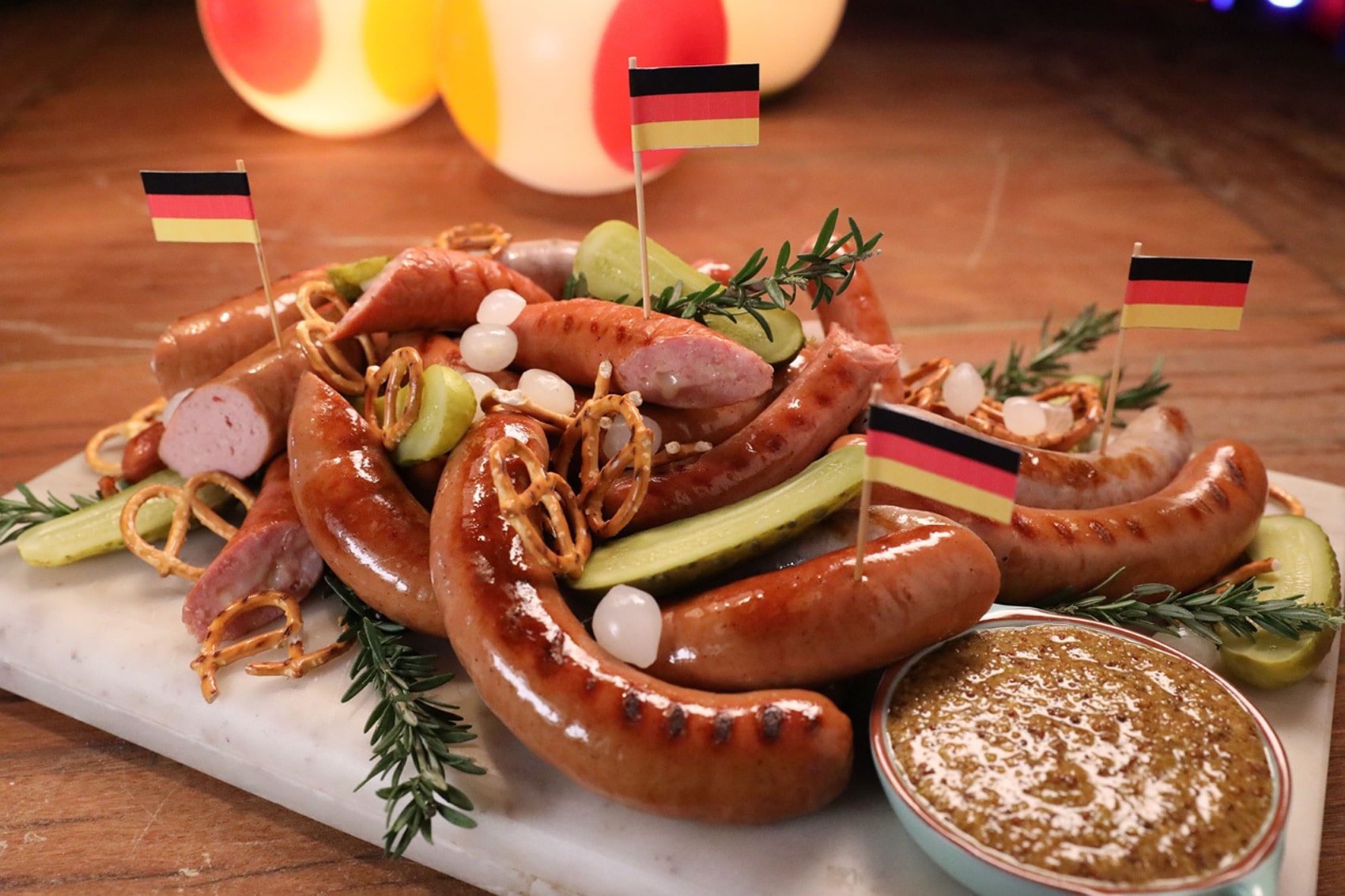
3. More than 800 million currywurst sausages are eaten in Germany every year. This snack is so popular that there is even a museum in Berlin completely dedicated to it.
4. Germany had many capitals: Aachen, Regensburg, Frankfurt am Main, Nuremberg, Weimar and Bonn ... The current capital Berlin is 9 times the size of Paris, and this city has more bridges than Venice.
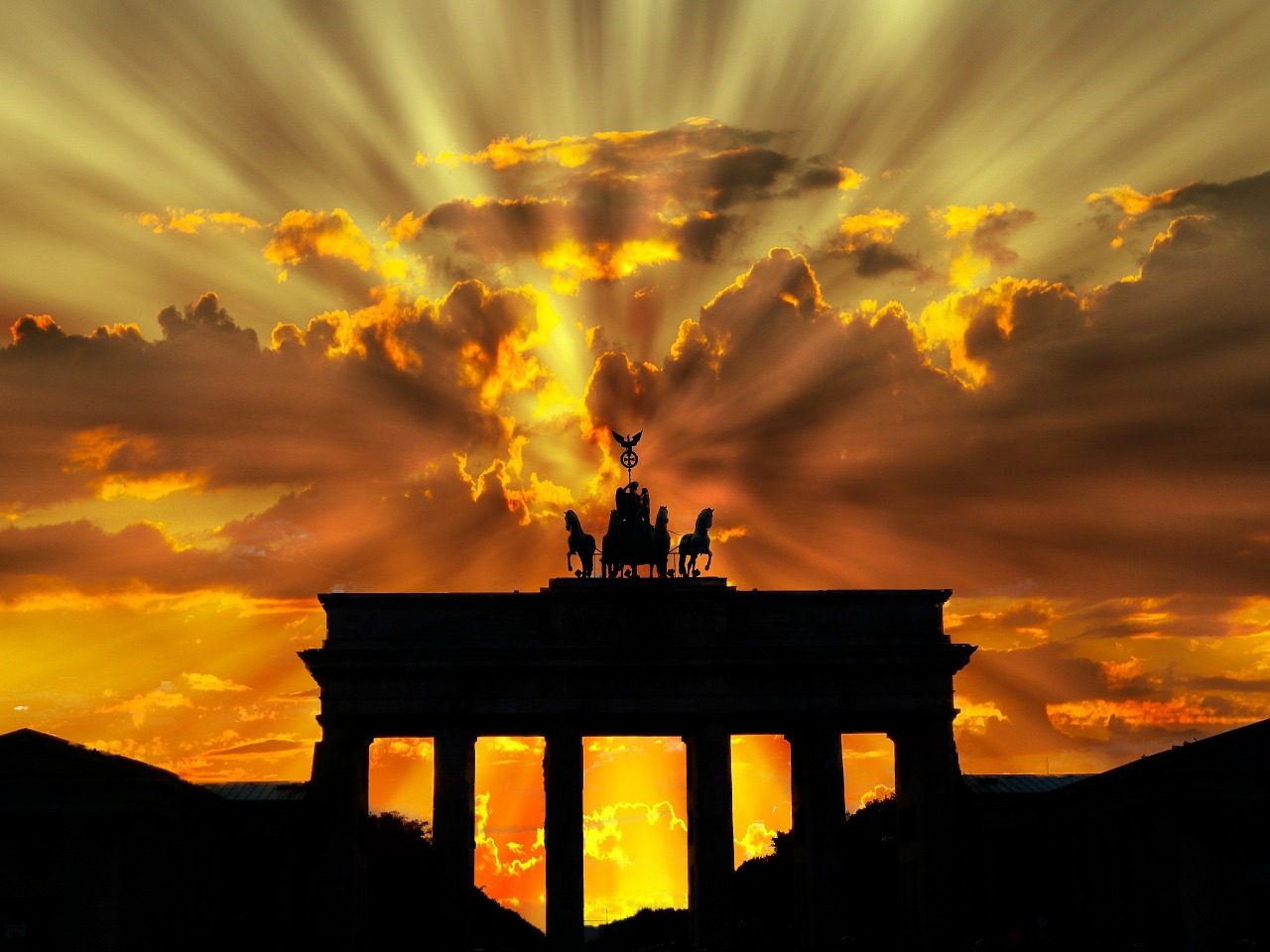
6. German is the official language in Austria and Liechtenstein and one of the official languages in Switzerland and Luxembourg.
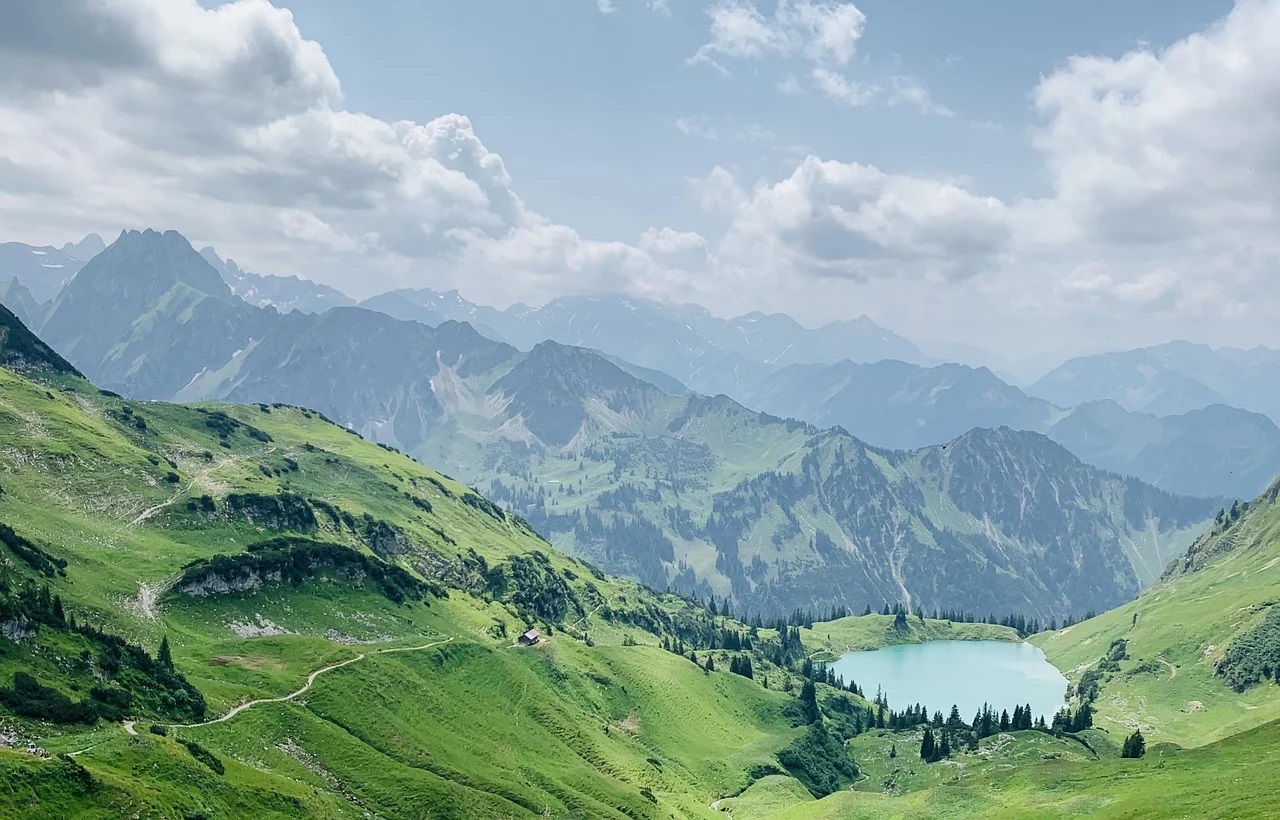
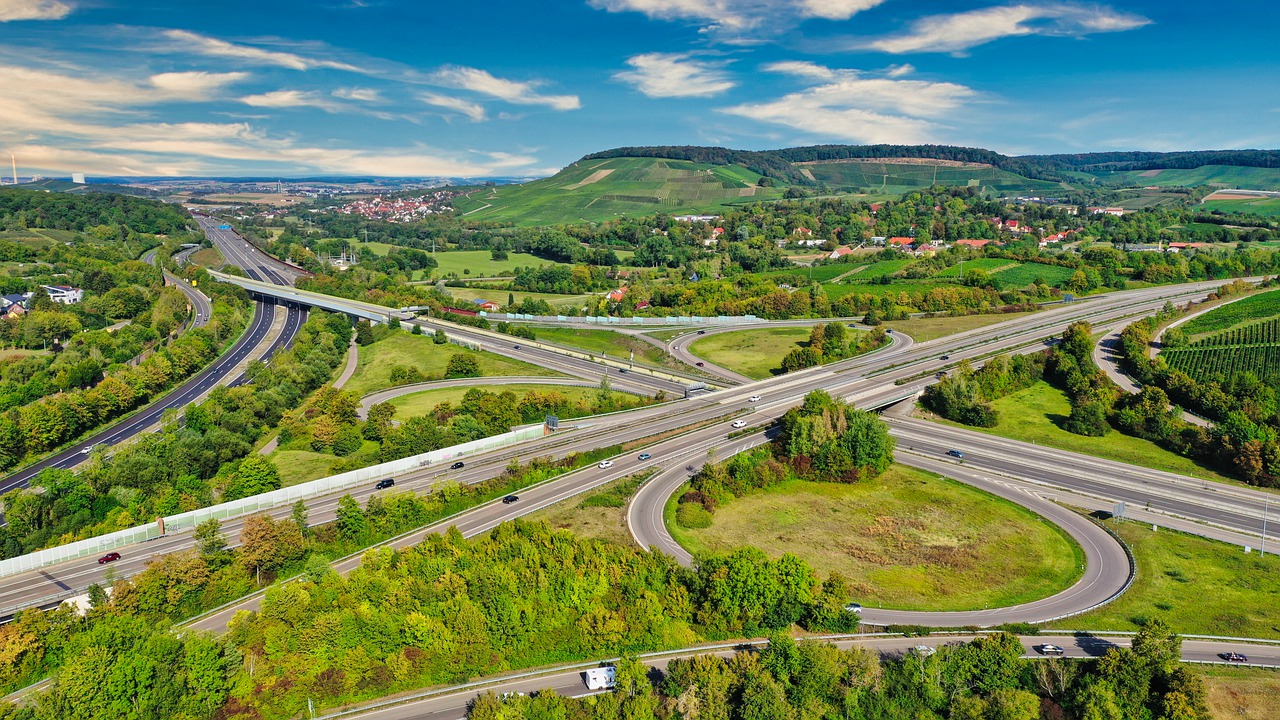
9. Germany has the largest train station in Europe - this is the main station in Leipzig.
10. Germans love to travel and spend more on vacations than any other nation in the world.
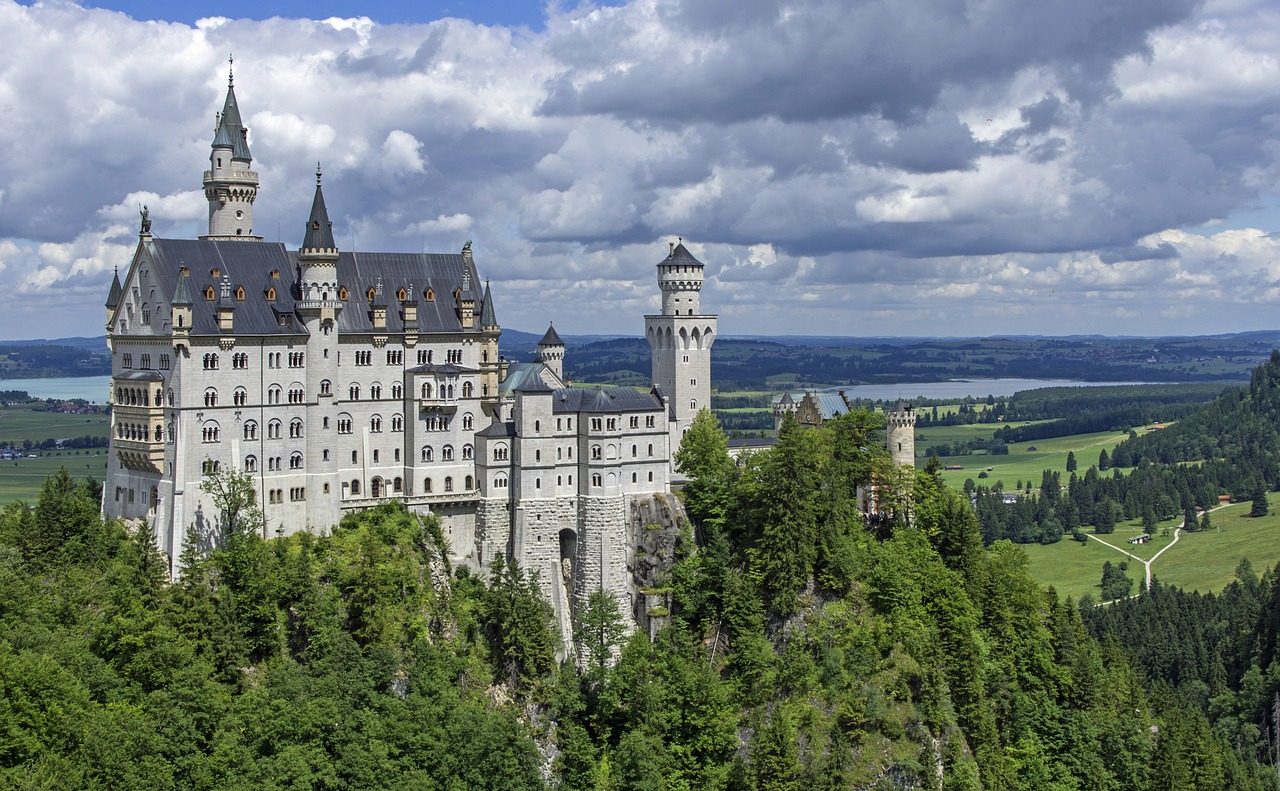
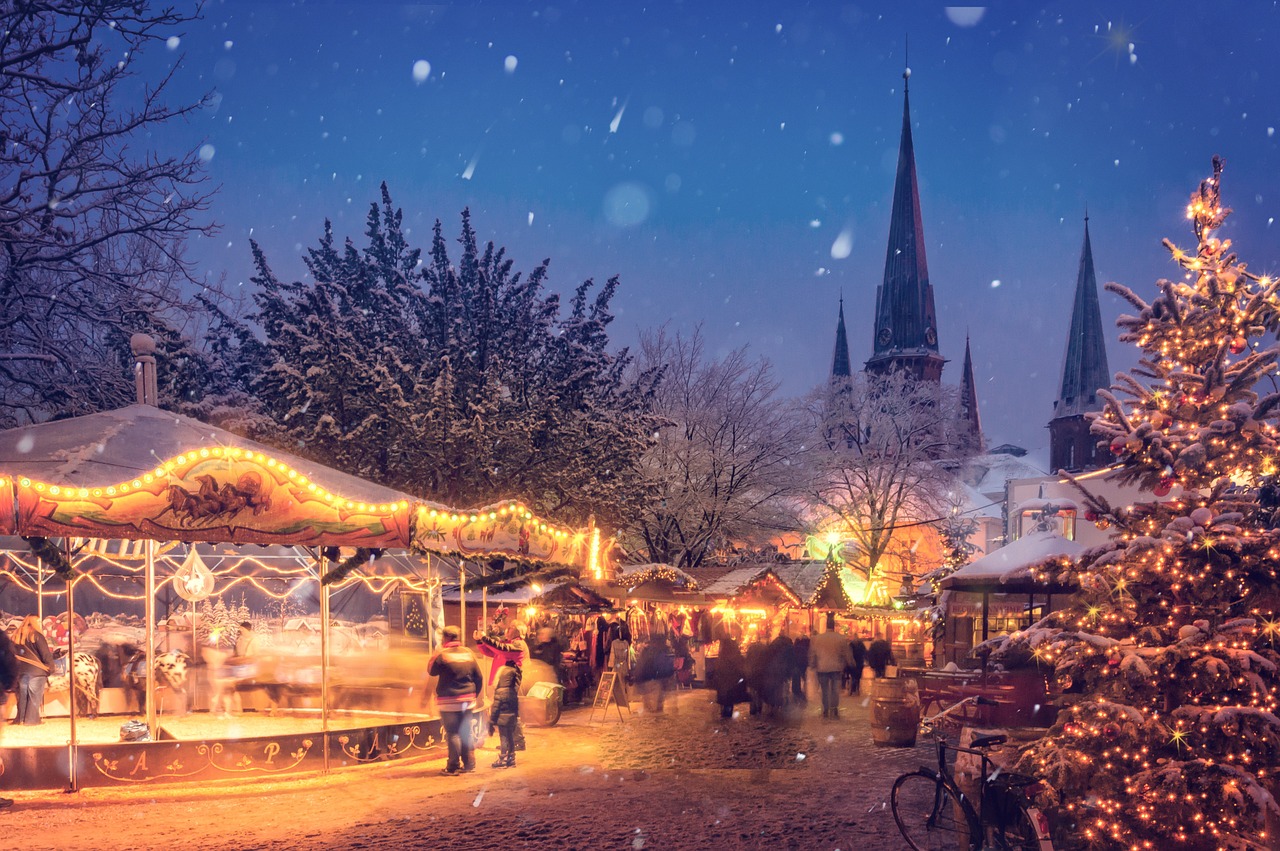
13. Fanta was created in Germany during World War II after Coca-Cola was banned from entering the country.
14. The narrowest street in the world is located in the German city of Reutlingen. Its width at its narrowest point is only 31 cm.
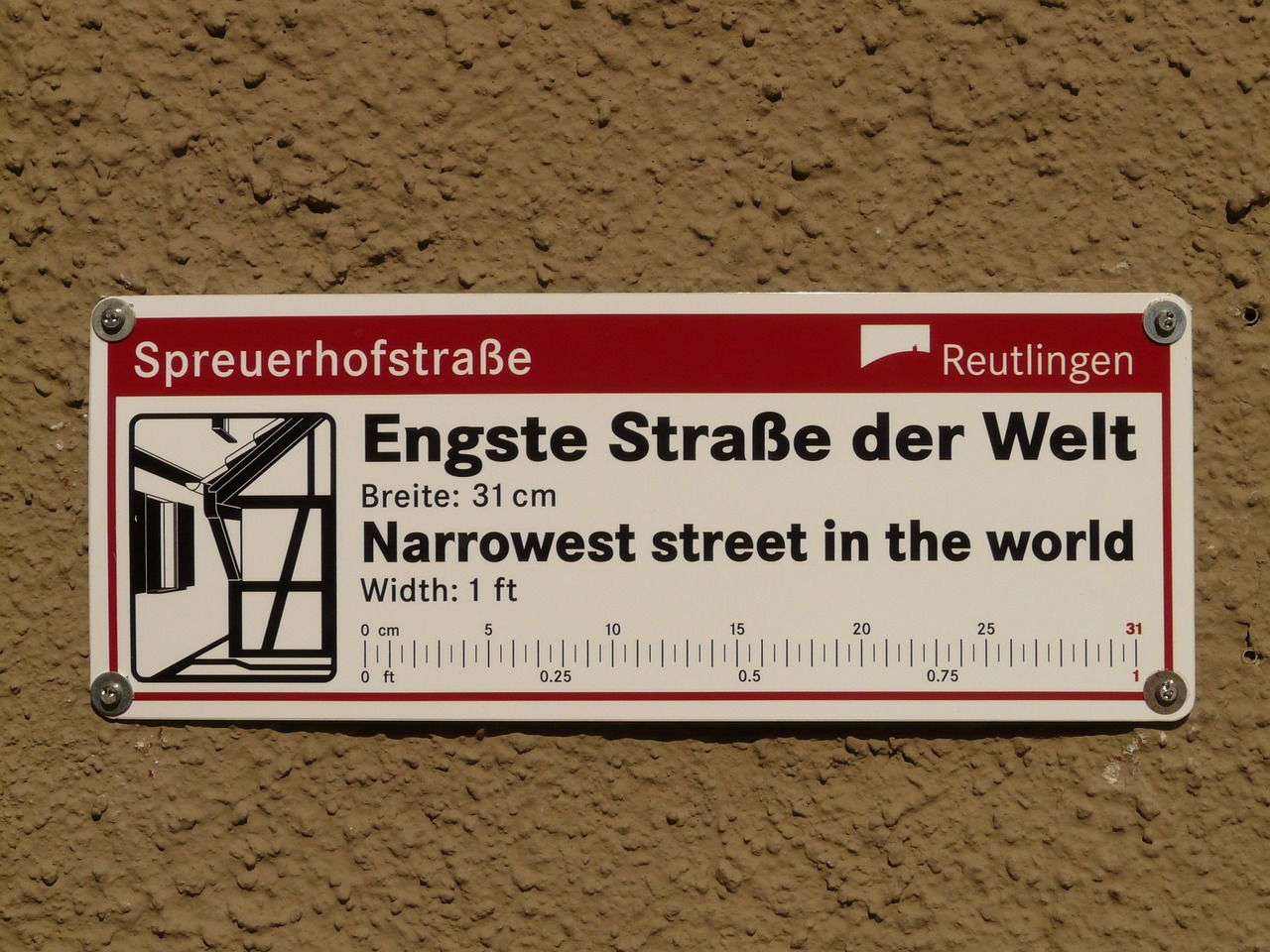
16. Donaudampfschifffahrtselektrizitätenhauptbetriebswerkbauunterbeamtengesellschaft is the longest German word with 79 letters! It translates as "Society of Junior Employees of the Construction Supervision Authority at the Main Directorate of Electrical Services of the Danube Shipping Company".
17. Berlin Zoological Garden - the largest zoo in the world. It opened in 1844 and today is home to over 1,300 animal species - more than any other zoo in the world.
18. Jailbreak in Germany is not punishable by law, because the desire to be free is a basic human instinct.
19. In Germany, there are laws that determine how a child can be named: names that do not indicate gender are prohibited, and the surname cannot be used as a first name.
20. Germany has more cultural sites than any other country - 6,200 museums, 820 theaters, 130 professional orchestras and 8,800 libraries (in 2013), and they are located not only in big cities.
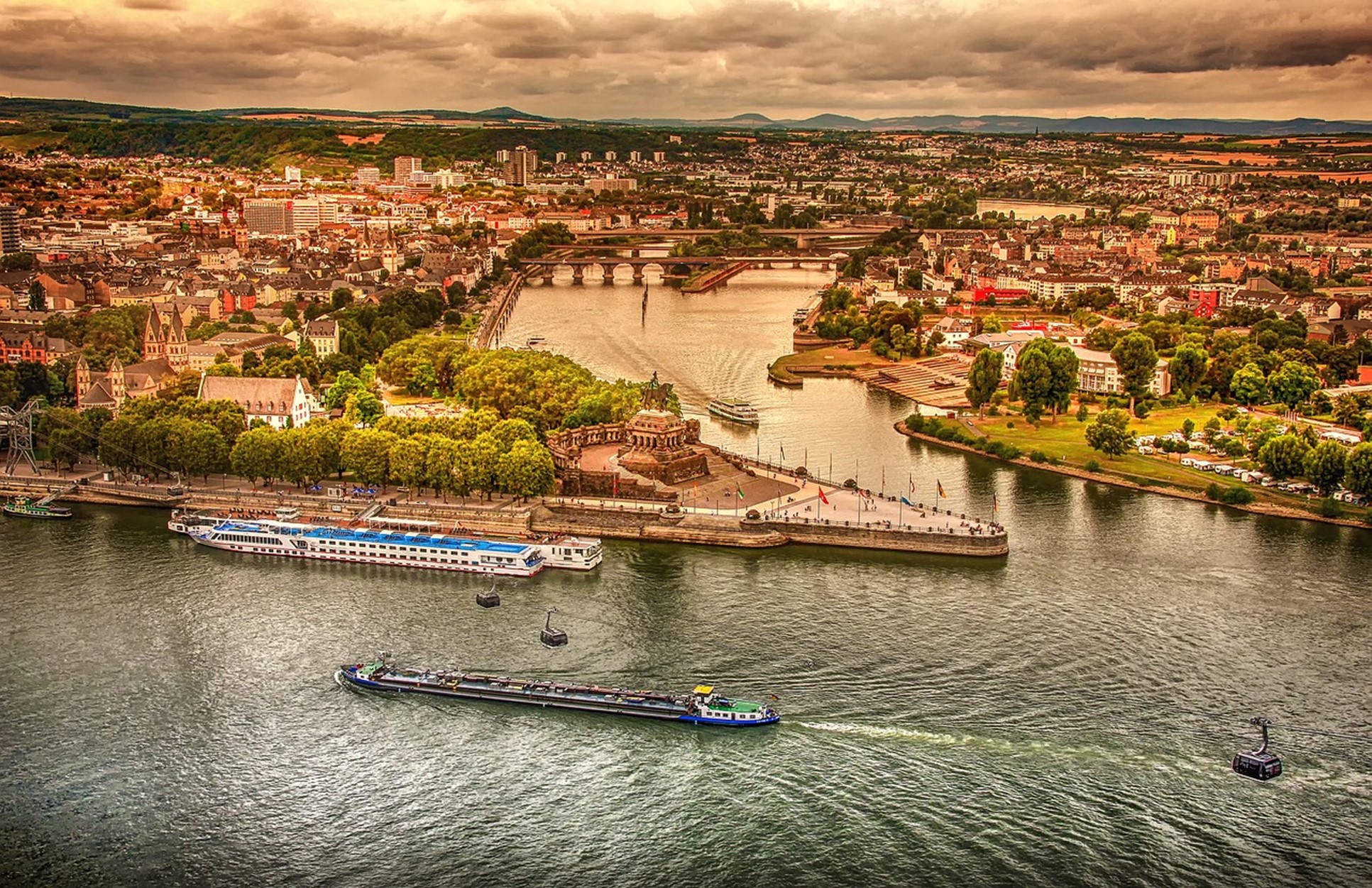
22. The first book was published in Germany. This happened in 1445 thanks to the fact that Johannes Gutenberg invented the printing press. And in 1663 the first magazine in the world was published in the country.
23. Ulm Cathedral in the German city of the same name is the tallest church in the world. Its height is 161.5 meters. People wishing to exercise their legs can climb the 768 steps of the church to a height of 141 meters above the ground. The Sagrada Familia in Barcelona (Spain) is expected to reach the height of Ulm Cathedral in 2026, when they will finally be there. -then repair work is completed.
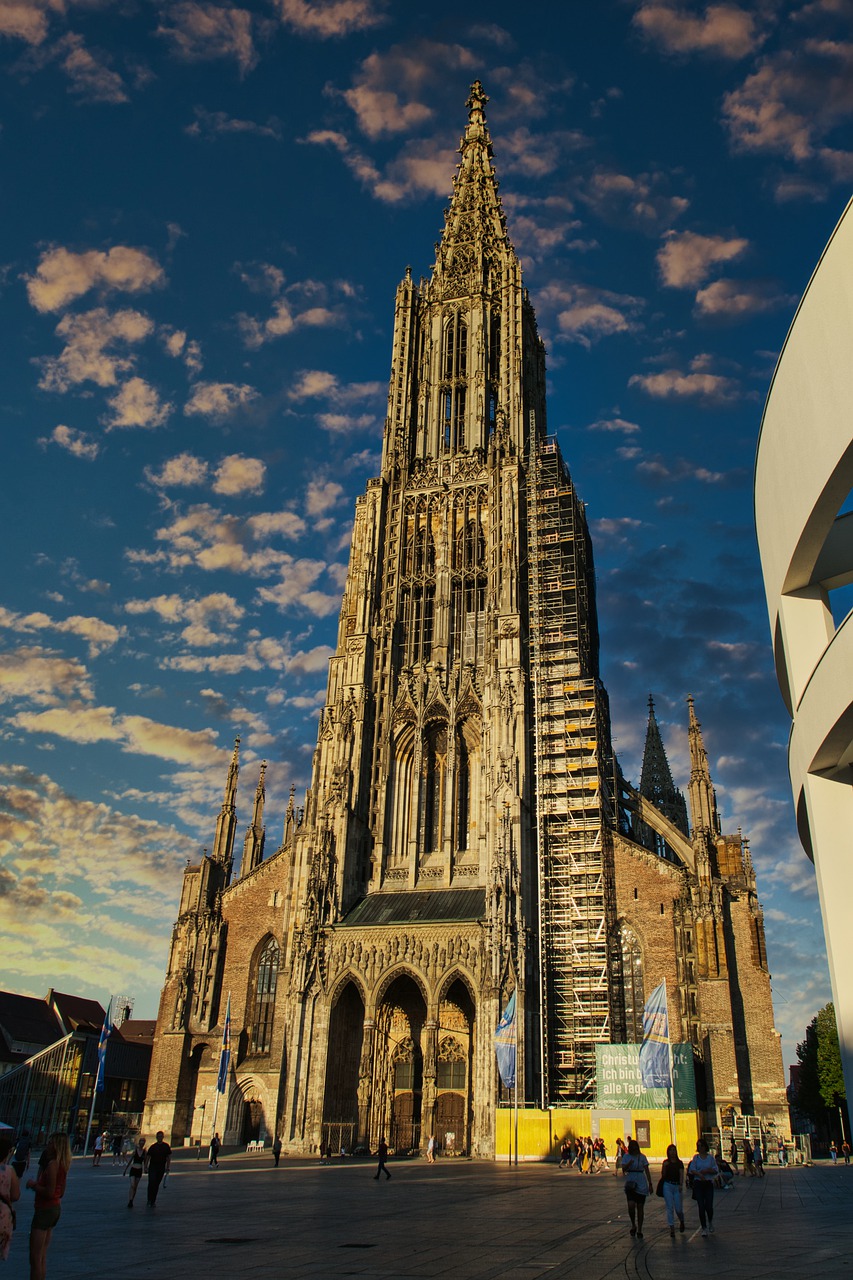
24. Germany was the first country in the world to switch to Daylight Saving Time (DST) in 1916, at the height of the First World War.
25. In Bavaria, beer is officially considered food.
26. Despite its name, the famous Oktoberfest beer festival starts in Munich in September and ends by the first days of October. Interestingly, the very first Oktoberfest was organized as a celebration in connection with the wedding of Prince Ludwig of Bavaria.
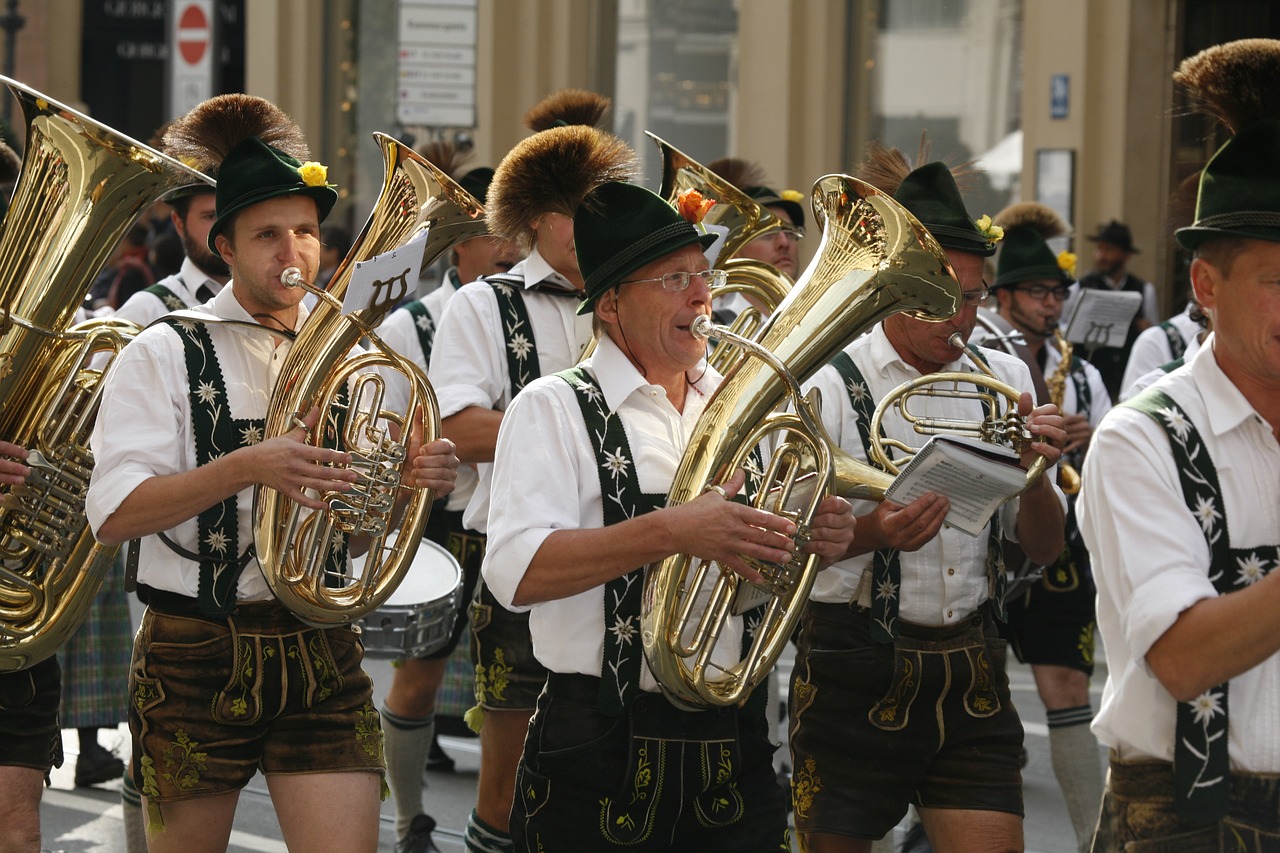
27. Both the legendary Easter bunny and the gummy bear first appeared in Germany. The pagan egg-laying rabbit became a symbol of Christian Easter around the 17th century, and jelly-like gummies were introduced in the 1920s.
28. About a third of Germany's territory is covered with forests.
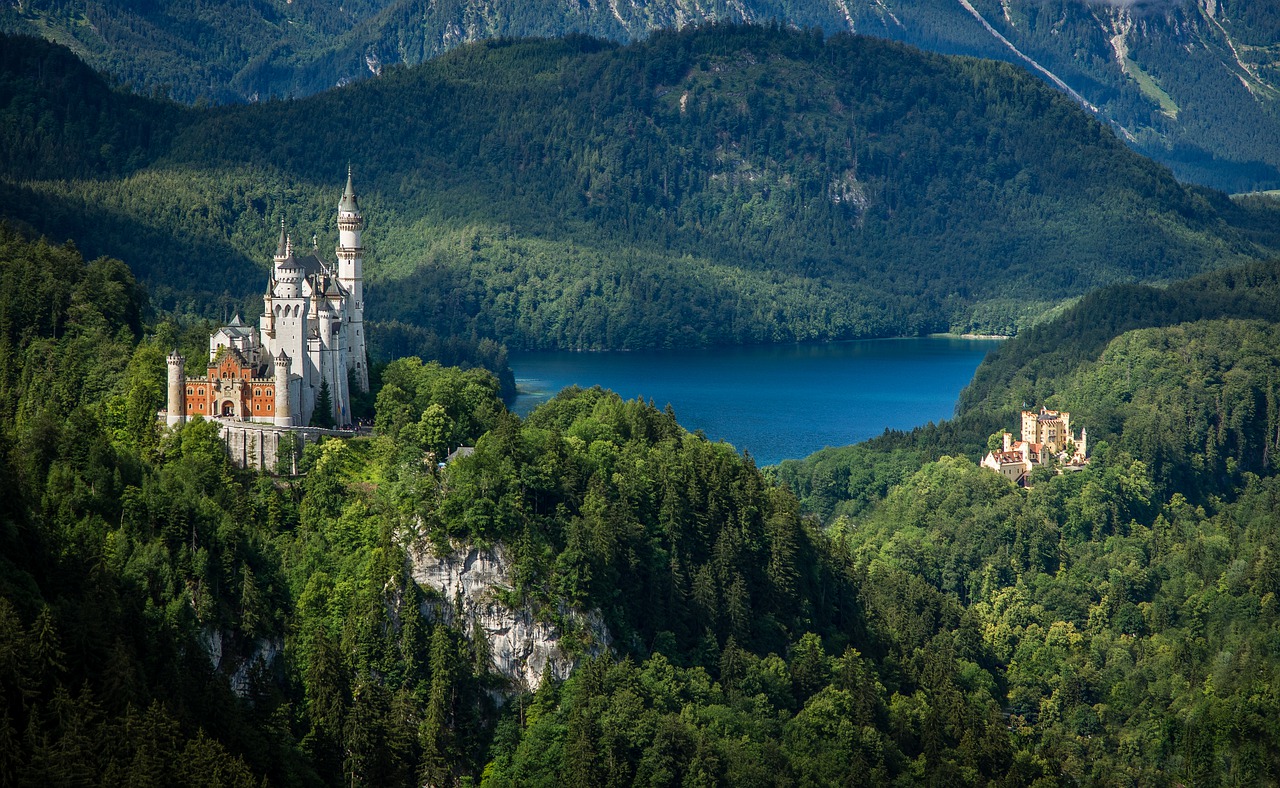
30. Germany is a country of castles. There are over 20,000 of them, and these are very picturesque buildings! Many of them are over 100 years old.
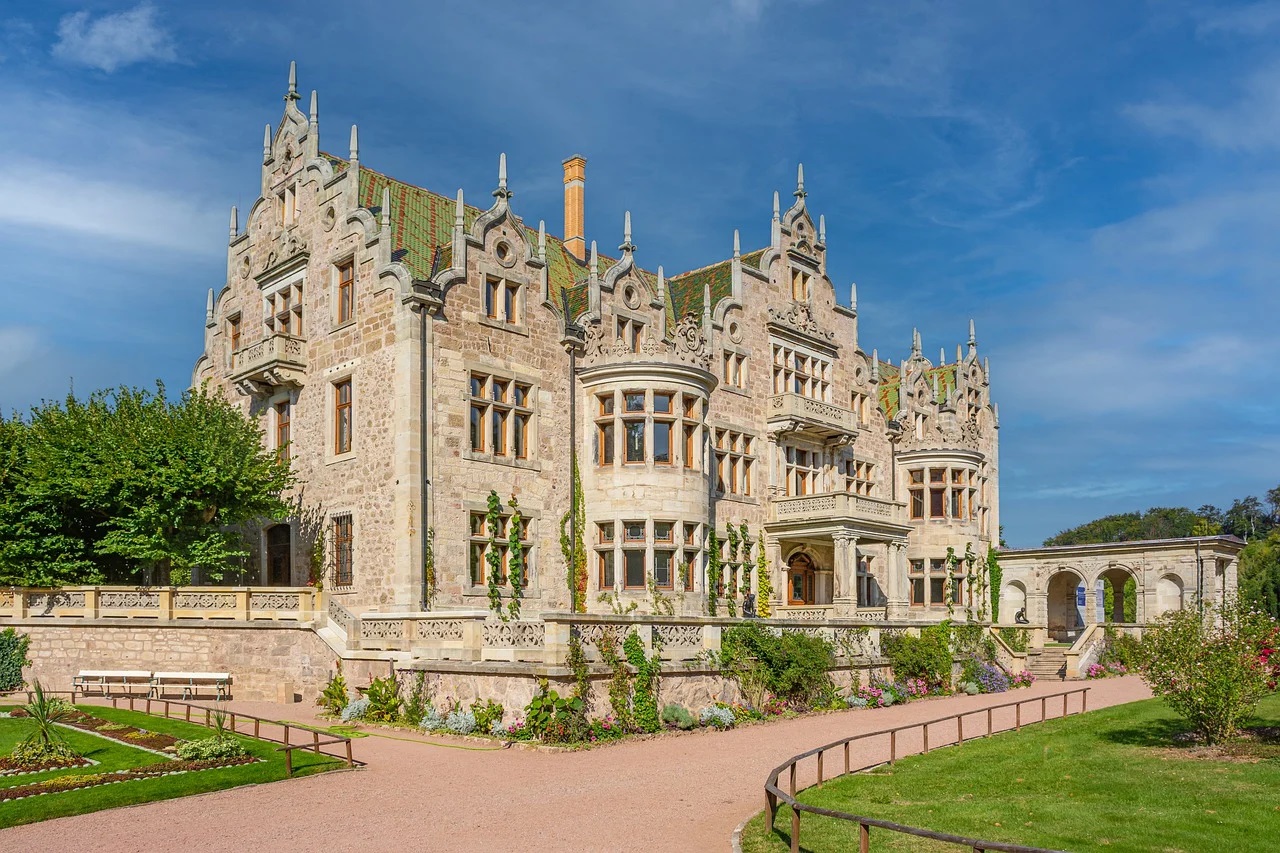
32. If you look at a satellite image of Germany at night, you can clearly see where East and West Germany used to be. This is because most of the street lights were installed before the fall of the Berlin Wall and are of different colors due to the different chemistry of the bulbs.

34. Germans consider it a bad idea to celebrate birthdays in advance. Their philosophy is contained in the famous phrase: “Chickens are counted in autumn.” There is a sign that if you congratulate a person on his birthday ahead of time, he may suddenly die.
35. Everything is closed in Germany on Sunday. If you want to shop on this weekend, you are unlikely to succeed, because apart from restaurants and some convenience stores and gas stations, nothing works - not even grocery stores.
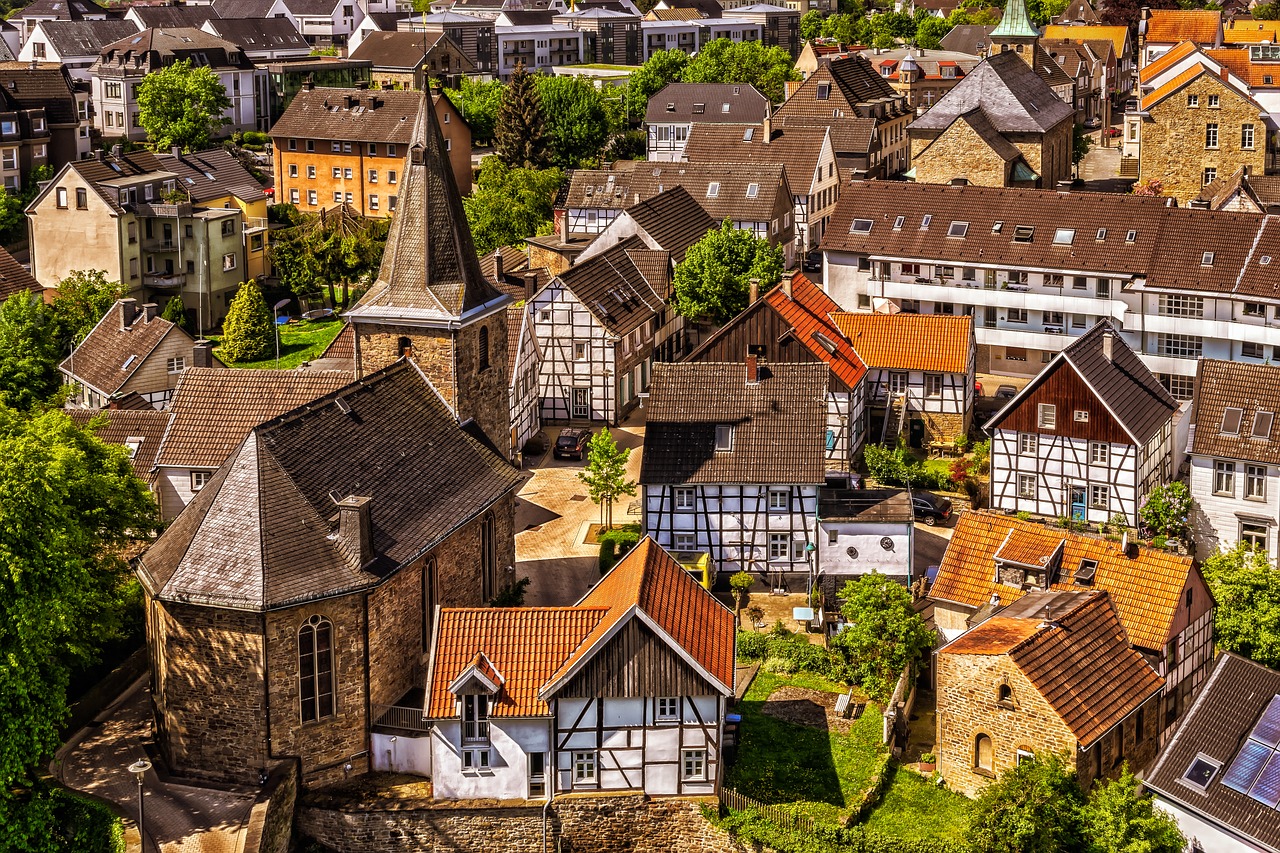
37. The black eagle is the national symbol of Germany.
38. The famous tricolor German flag has a special meaning: black is a symbol of determination, red is a symbol of courage and strength, and yellow is generosity.
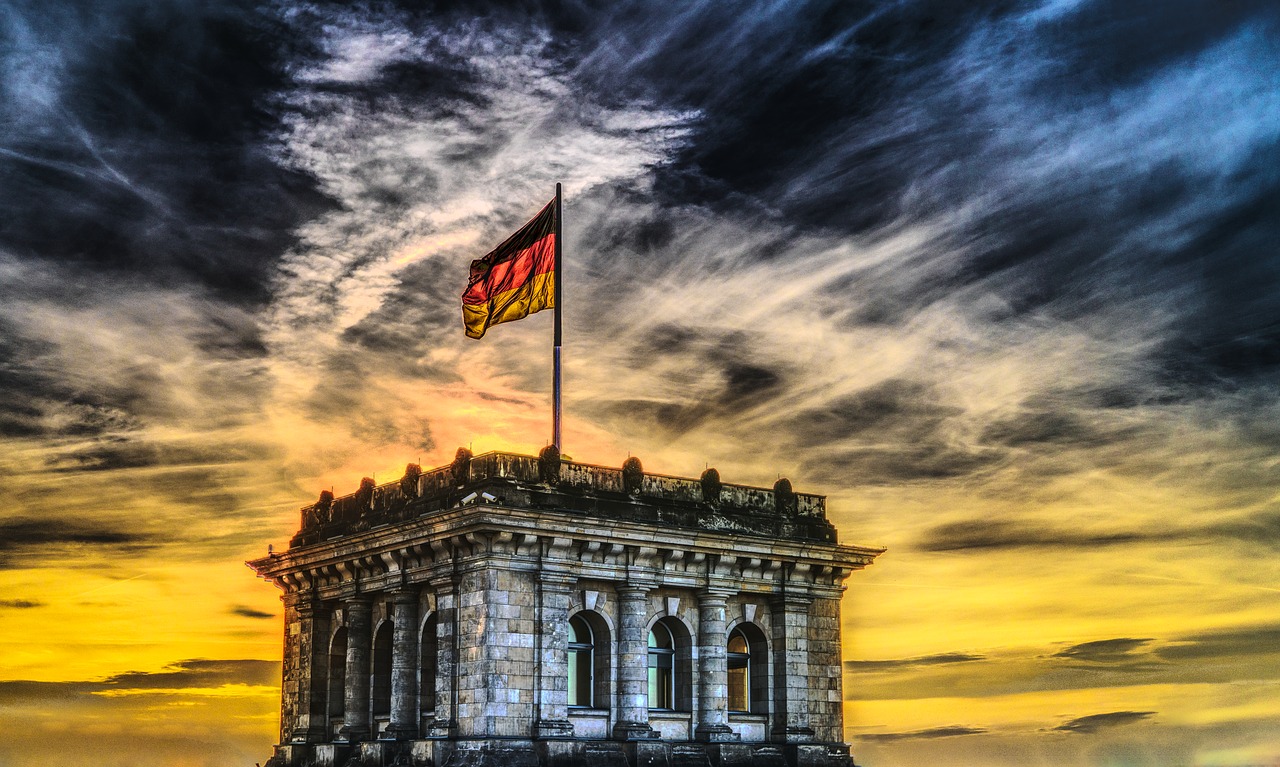
40. The cuckoo clock was invented in Germany in the 17th century.
